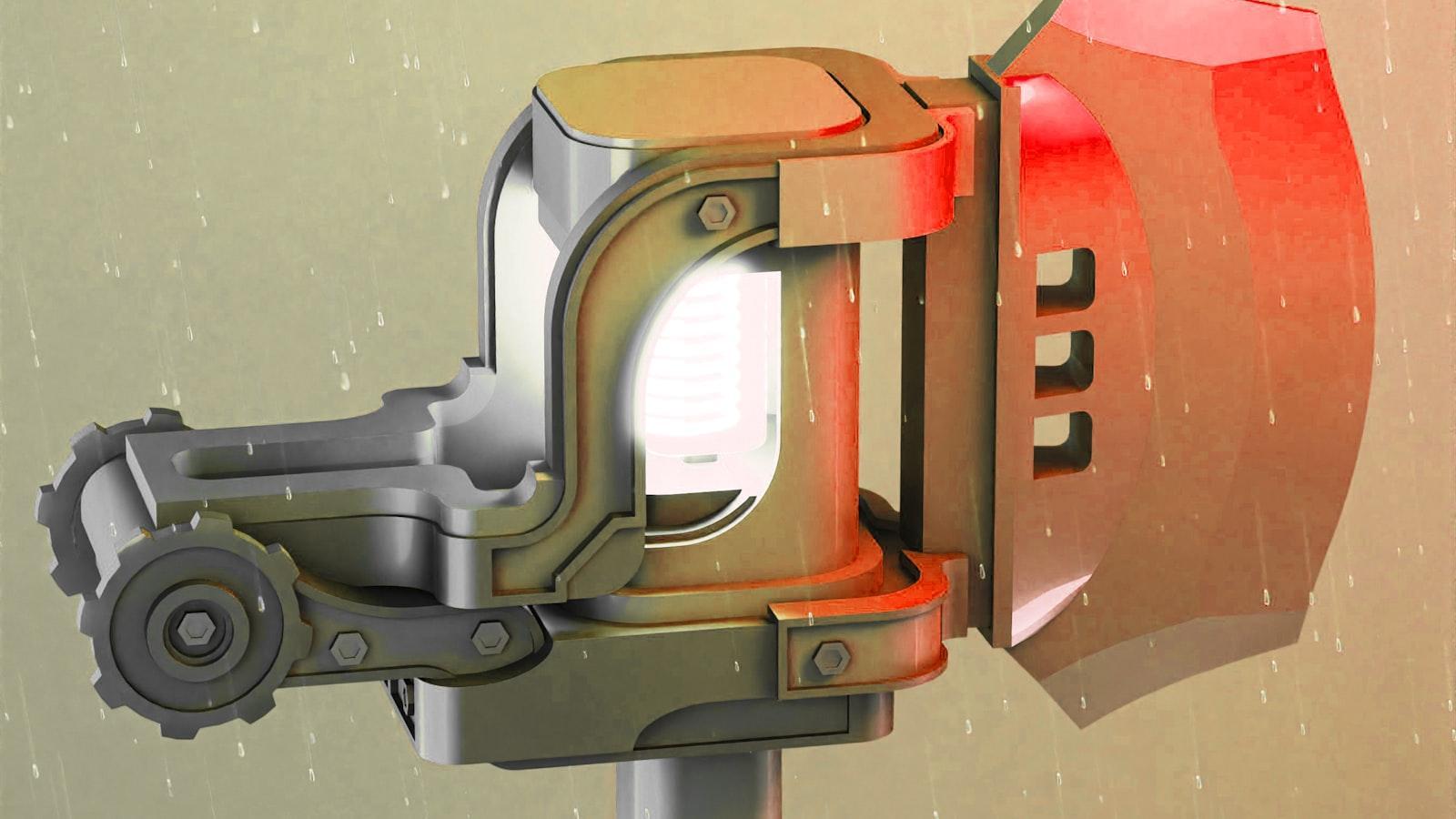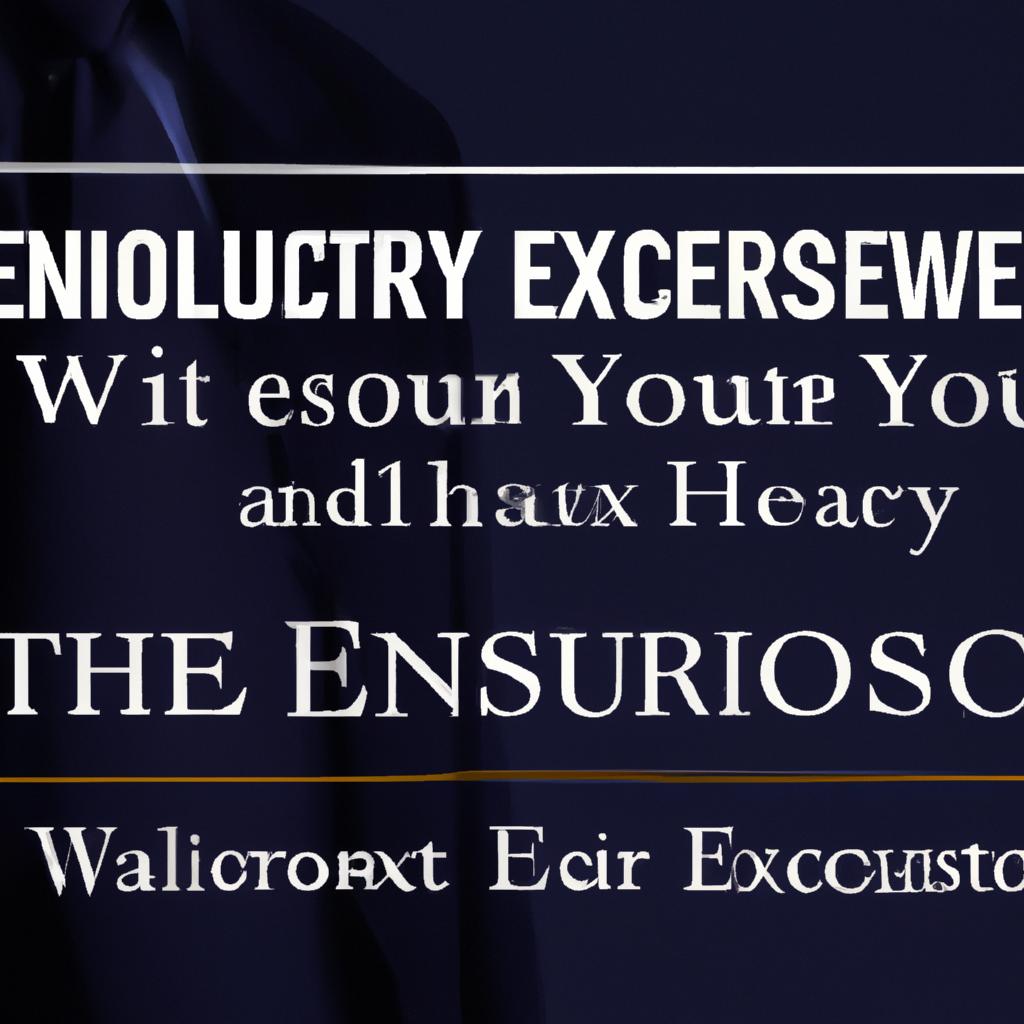The Importance of Executors in Will Execution
Introduction
Are you curious about the necessity of having an executor when it comes to executing a will? This critical role ensures that your final wishes are carried out smoothly and efficiently. In this article, we will explore the significance of having an executor for a will and the responsibilities that come with this crucial position.
Understanding the Role of an Executor in a Will
When it comes to estate planning, having an executor for a will is not mandatory, but it is highly recommended. An executor plays a crucial role in ensuring that the deceased person’s wishes are carried out according to the terms of the will. Here are some important points to consider when understanding the role of an executor:
-
Legal Responsibilities: The executor is legally responsible for administering the estate, which includes distributing assets, paying debts and taxes, and handling any legal proceedings.
-
Decision-making: The executor must make important decisions regarding the estate, including selling assets, communicating with beneficiaries, and resolving disputes.
-
Accountability: The executor is accountable to the beneficiaries and must keep accurate records of all transactions and decisions made on behalf of the estate.
Benefits of Having an Executor for Your Will
Having an executor for your will can provide numerous benefits and ensure that your final wishes are carried out as intended. One of the main advantages of having an executor is that they can help streamline the probate process and ensure that your assets are distributed according to your wishes. This can help avoid any confusion or disputes among your loved ones after you pass away.
Additionally, an executor can take on the responsibility of managing your estate, which can be a complex and time-consuming task. They can handle tasks such as paying off any debts and taxes, distributing assets to beneficiaries, and handling any legal issues that may arise. This can help relieve your family of the burden of having to navigate the probate process on their own.
Furthermore, having an executor can provide peace of mind knowing that someone you trust will be responsible for carrying out your wishes. They can act as a neutral third party to ensure that everything is handled fairly and according to your instructions. Overall, having an executor for your will can help simplify the estate administration process and provide reassurance that your final wishes will be honored.
Considerations When Choosing an Executor
When considering who to choose as an executor for your will, there are several important factors to keep in mind to ensure that your final wishes are carried out smoothly and efficiently. The executor is responsible for handling your estate after your passing, so it is crucial to select someone who is trustworthy, organized, and responsible. Here are some key considerations to keep in mind when choosing an executor:
-
Trustworthiness: Your executor should be someone you trust implicitly to handle your affairs honestly and fairly.
-
Organizational skills: An executor needs to be highly organized to keep track of important documents, assets, and deadlines.
-
Availability: Consider whether the person you choose has the time and availability to fulfill the duties of an executor.
-
Location: It may be helpful to choose an executor who lives nearby to make handling your estate more convenient.
Alternatives to Having an Executor in Your Will
When it comes to estate planning, many people automatically assume that appointing an executor in their will is a necessity. However, there are alternatives that you may want to consider. These alternatives can provide you with more flexibility and control over the distribution of your assets after your passing.
One alternative to having an executor in your will is to create a living trust. A living trust allows you to transfer your assets into a trust during your lifetime and appoint a trustee to manage and distribute those assets according to your wishes after your passing. This can be a more private and efficient option compared to the probate process that typically occurs when there is an executor named in a will.
Another alternative to having an executor in your will is to designate beneficiaries on your accounts and assets. By naming beneficiaries on your retirement accounts, life insurance policies, and bank accounts, you can ensure that these assets pass directly to your chosen beneficiaries without the need for an executor. This can streamline the distribution process and avoid potential delays and costs associated with probate.
In Conclusion
In conclusion, while having an executor for a will is not mandatory, it can certainly make the process of administering the estate smoother and more efficient. Ultimately, the decision to appoint an executor or not rests on your personal circumstances and preferences. Regardless of your choice, it is always advisable to seek legal guidance to ensure that your wishes are carried out effectively. Thank you for reading and we hope you found this information helpful.

Discover Why Choosing an Executor for Your Will is Essential
When creating a will, one of the most important decisions you will make is choosing an executor. An executor is the person responsible for carrying out the instructions in your will and ensuring that your wishes are fulfilled after you pass away. While this may seem like a straightforward task, selecting the right executor is crucial to ensure that your final wishes are carried out smoothly and efficiently. In this article, we will explore the importance of choosing an executor for your will and provide practical tips for selecting the right person for the job.
Why is Choosing an Executor Important?
There are several reasons why choosing an executor for your will is essential:
- Ensure Your Wishes are Carried Out: Your executor is responsible for making sure that your assets are distributed according to your wishes as outlined in your will. By choosing a trustworthy and competent executor, you can rest assured that your final wishes will be honored.
- Handle Complex Legal Procedures: The probate process can be complex and time-consuming. An executor will navigate the legal procedures involved in distributing your assets and settling your estate. Having an executor who is familiar with estate laws can help expedite the probate process.
- Protect Your Loved Ones: An executor plays a crucial role in protecting your loved ones’ interests and ensuring that they receive their rightful inheritance. By selecting a responsible executor, you can prevent any disputes or conflicts among your beneficiaries.
Practical Tips for Choosing an Executor
When selecting an executor for your will, consider the following tips:
- Choose Someone Trustworthy: Your executor should be someone you trust implicitly to carry out your wishes honestly and responsibly.
- Consider Their Ability: Choose an executor who has the time, organizational skills, and financial acumen to handle the duties of settling your estate.
- Communicate Your Wishes: Make sure your executor understands your final wishes and is willing to fulfill them as outlined in your will.
- Choose an Alternate Executor: In case your primary executor is unable or unwilling to serve, it’s essential to name an alternate executor to step in.
- Consult with a Legal Professional: Seek advice from a legal professional when choosing an executor to ensure that your decision aligns with state laws and regulations.
Benefits of Choosing an Executor
By selecting a competent executor for your will, you can benefit from:
| Efficient Estate Administration | Reduced potential for conflicts among beneficiaries |
| Timely Distribution of Assets | Peace of mind knowing your wishes will be carried out |
Conclusion
Choosing an executor for your will is a crucial decision that requires careful consideration. By selecting a trustworthy and competent individual to carry out your final wishes, you can ensure that your estate is settled efficiently and your loved ones are protected. Remember to communicate your wishes clearly, choose wisely, and seek professional advice when needed. By taking these steps, you can rest assured that your legacy will be preserved according to your wishes.


